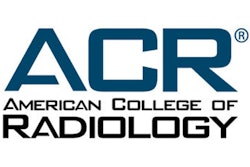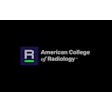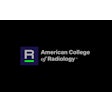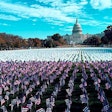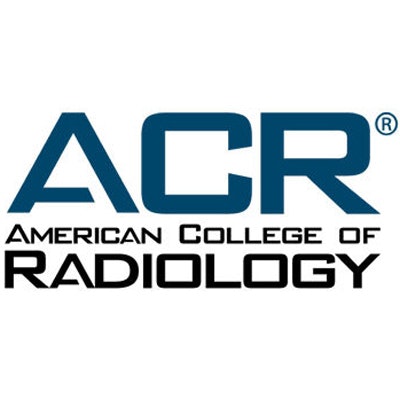
The American College of Radiology (ACR) has praised a new Texas federal court ruling that parts of the independent dispute resolution (IDR) process in the Surprise Billing Final Rule are unlawful and must be set aside.
In a February 6 ruling, the U.S. District Court for the Eastern District of Texas said that parts of the Final Rule's IDR process violate the Administrative Procedure Act and the text of the No Surprises Act by making the qualifying payment amount (QPA) the primary factor in provider-payer out-of-network care payment disputes.
The Court had vacated similar provisions for the interim rule issued by the U.S. Department of Health and Human Services (HHS) in February 2022 and has now agreed that the replacement provisions still continue to "improperly restrict arbitrators' discretion and unlawfully tilt the arbitration process in favor of the QPA."
"While avoiding an explicit presumption in favor of the QPA, the Final Rule nevertheless continues to place a thumb on the scale for the QPA by requiring arbitrators to begin with the QPA and then imposing restrictions on the non-QPA factors that appear nowhere in the statute," wrote U.S. District Judge Jeremy Kernodle in his ruling.
In a statement, ACR Chair Dr. Jacqueline Bello said that patients and providers are the winners in the ruling.
"This victory, which does not affect patient protections or costs, and only impacts the insurer-provider payment dispute process, leaves work to be done," she said in the statement. "Providers, insurers, regulators, lawmakers, and other stakeholders must work together to ensure that sensible, physician-informed solutions are implemented to ensure access to care as we shield patients from surprise medical bills."
She added that the ACR will "continue to work to ensure that the IDR process complies with the No Surprises Act and is accessible, fair, and efficient."





